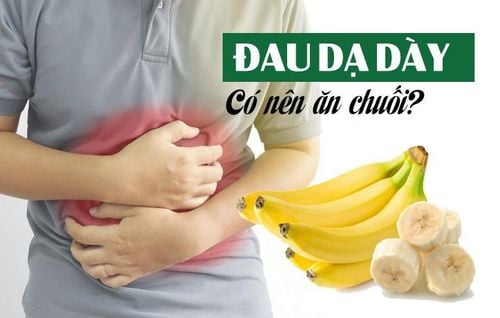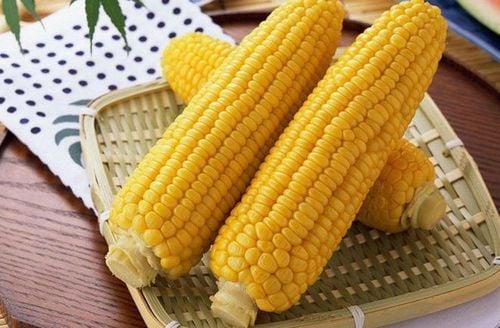During breastfeeding, whatever the mother eats will be transferred into breast milk, becoming a source of nutrition for the baby. Some foods are metabolized quickly, while others may take 4 to 6 hours to be processed.
1. How is food converted into breast milk?
When we consume food containing certain nutrients, those nutrients are transferred into breast milk. Therefore, the mother’s diet plays a crucial role in the composition of her milk. This is especially important in the early postpartum (post-birth) period, as the baby needs to receive high-quality milk to grow healthily and adapt to the new environment.
Currently, there is no official and specific recommendation regarding which foods breastfeeding mothers should avoid. Mothers can eat whatever they like, although food is converted into breast milk, the mother’s diet rarely causes any issues with the milk or affects the baby.
Many researches have shown that a mother’s nutrition has only a very small impact on the quantity and composition of breast milk. A mother’s milk can provide sufficient nutrition for the baby, unless the mother is severely malnourished. Therefore, the mother does not need to follow any strict diet.
Breast milk naturally provides enough nutrients and immunity for children. However, the mother needs to consume a balanced diet, especially foods that are known to increase milk production. A healthy diet for the mother will help her stay strong and ensure a plentiful milk supply
So, how long does it take for food to be converted into breast milk? Typically, when a mother eats a certain food, it takes at least 1 hour, and at most 24 hours, with an average of 4-6 hours for the food to be converted into breast milk.
2. Dietary considerations for breastfeeding mothers

Foods are converted into breast milk, so there are cases where certain foods may cause the baby to experience health issues: abdominal pain, diarrhea, frothy stools, watery eyes, or rashes, etc. This is especially common in sensitive babies or those with a family history of allergies to specific foods. Many infants are allergic to animal proteins (such as milk, eggs, …), soy, wheat,... However, these cases are very rare, and the mother should not be worried.
In some cases, if the baby has frequent bowel movements, loose stools, or mucus in the stools, the mother may associate this with the food she has consumed affecting the breast milk. In reality, the baby may experience abdominal pain or diarrhea Without a specific cause. However, if the mother is concerned that the food she ate might be the cause, she can stop consuming that food.
It is not advisable to overly restrict the diet out of concern that food might affect the breast milk. This could lead to the mother becoming nutritionally inadequate. It is important to eat various types of foods and consume what the mother enjoys. A varied diet can also help the baby become accustomed to different tastes, making them less picky as they grow.
Breastfeeding mothers should avoid alcohol, beer, smoking and limit the consumption of foods and beverages containing caffeine, such as tea, coffee, and chocolate.
In general, when breastfeeding, the most important thing is to ensure that the mother follows a balanced and adequate diet so that the baby receives sufficient nutrition. The mother should not overly restrict her diet, as this may lead to nutritional deficiencies for herself.
Please dial HOTLINE for more information or register for an appointment HERE. Download MyVinmec app to make appointments faster and to manage your bookings easily.














